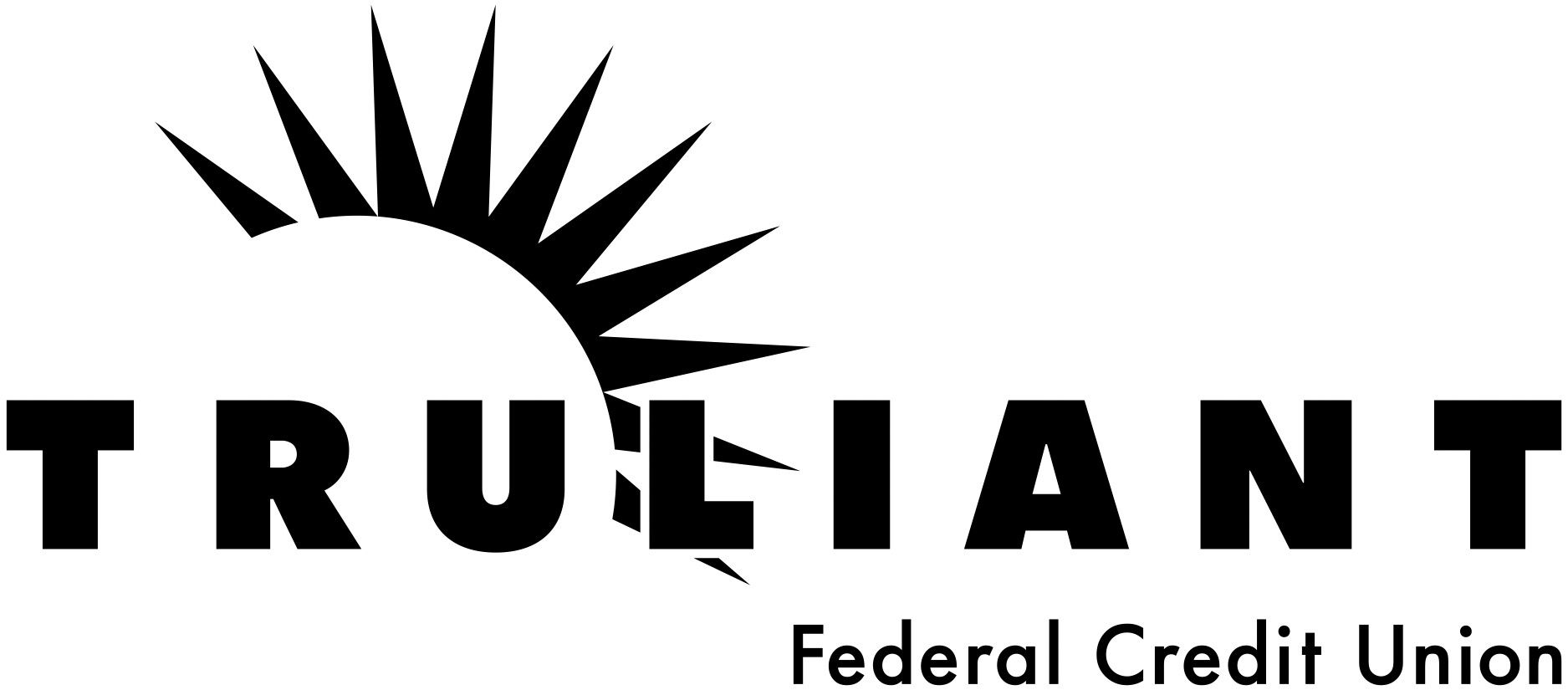What is the Difference Between an IRA and 401k?

Saving for Retirement: 401(k) Versus IRA
As you look toward your retirement, you want to be prepared.As fun as it may be to dream about not having to go to work, you still need to have enough money to maintain your standard of living. Several financial products are designed to help you save some of your income now so you can use it later. Two of the most popular investment vehicles are 401(k) plans and IRAs.
What Is a 401(k)?
These investment funds are named for the section of the tax code that created them. A 401(k) plan is a retirement fund established on your behalf by your employer. Unlike a traditional pension where funds are pooled for many employees, your 401(k) account belongs to you. One of the big advantages of a 401(k) is that the contributions you make lower your taxable income for the year. The amount you can contribute is significant. According to the IRS, in 2024 you may invest up to $23,000 if you are under 50 and $30,500 if you are 50 and older. This could make a big impact on your tax bill for the year. Also, some employers will match all or part of the contributions you make as an employee benefit.
When you reach retirement age, you can begin to withdraw money from your 401(k). Since the money was not taxed in the year you earned it, withdrawals from your fund are treated as regular income for tax purposes.
What Is an IRA?
IRA stands for individual retirement account. Many financial institutions offer this kind of investment fund as a way to help individuals plan ahead. This account is not related to your employer, but it is an investment vehicle for your personal savings. Because these funds are geared toward individuals, you will find that you can choose from a greater variety of investments. The contribution levels for IRAs are smaller than 401(k) plans. The 2024 IRS code states that you can contribute up to $7,000 each year if you are under 50 and $8,000 if you are 50 or older.
The tax implications of an IRA depend on the type you choose. Traditional IRAs are similar to 401(k) plans in that contributions you make can be deducted from your income. These deductions may not be available for people in higher income brackets who have an employer-related retirement account. When you withdraw money from your traditional IRA in retirement, it is treated as taxable income.
Roth IRAs fall under different IRS rules. The money you invest in a Roth IRA does not have an immediate tax benefit. It is treated as taxable income in the year you earn it. However, when you retire, the money you withdraw from a Roth IRA is tax-free.
401(k), IRA or Both?
Even if you have an employer-sponsored 401(k), you can also open a personal IRA. Contributing the most you can to both funds will benefit you in the long run. If your employer matches your 401(k) contributions, you should focus your savings in that direction. The compound interest from the extra money can help grow your retirement savings at a faster rate. Once you have maxed out your employer contributions, you should then focus on your IRA. The broad range of investments in an IRA provides diversification, an important part of any financial plan. You also have more control over the portfolio in an IRA than in your employer plan.
Rolling Over and Consolidating
During your career, you may have switched employers several times. This might mean that you have multiple 401(k) plans that belong to you. Not only is having several accounts confusing, but it can also make it difficult to do retirement planning. Different portfolios will grow at different rates. In some cases, you may want to move funds from a smaller 401(k) to a rollover IRA. This gives you greater control of your investments. If you have several smaller funds, it can be helpful to consolidate your investments into a single portfolio. This makes it much easier to keep track of your retirement savings. It is also helpful because all your retirement income will fall under the same tax rules.
Truliant Federal Credit Union is committed to the long-term financial health of its members. We are ready to assist you as you consider your financial goals, including IRAs and rollover options. For more information, check out the financial planning section of our website or speak with one of our LPL* Financial Advisors today.
Sources:
https://www.irs.gov/newsroom/401k-limit-increases-to-23000-for-2024-ira-limit-rises-to-7000
https://www.irs.gov/retirement-plans/plan-participant-employee/retirement-topics-ira-contribution-limits
https://www.irs.gov/retirement-plans/roth-iras
*Securities and advisory services are offered through LPL Financial (LPL), a registered investment advisor and broker-dealer (member FINRA/SIPC). Insurance products are offered through LPL or its licensed affiliates. Truliant Federal Credit Union and Truliant Financial Advisors are not registered as a broker-dealer or investment advisor. Registered representatives of LPL offer products and services using Truliant Financial Advisors, and may also be employees of Truliant Federal Credit Union. These products and services are being offered through LPL or its affiliates, which are separate entities from, and not affiliates of, Truliant Federal Credit Union or Truliant Financial Advisors. Securities and Insurance offered
through LPL or Its affiliates are:
Not Insured by NCUA or Any Other Government Agency | Not Credit Union Guaranteed | Not Credit Union Deposits or Obligations | May Lose Value
Truliant Financial Credit Union (“Financial Institution”) provides referrals to financial professionals of LPL Financial LLC (“LPL”) pursuant to an agreement that allows LPL to pay the Financial Institution for these referrals. This creates an incentive for the Financial Institution to make these referrals, resulting in a conflict of interest. The Financial Institution is not a current client of LPL for brokerage or advisory services. Please visit https://www.lpl.com/disclosures/is-lpl-relationship-disclosure.html for more detailed information.
The LPL Financial registered representative(s) associated with this website may discuss and/or transact business only with residents of the states in which they are properly registered or licensed. No offers may be made or accepted from any resident of any other state.




